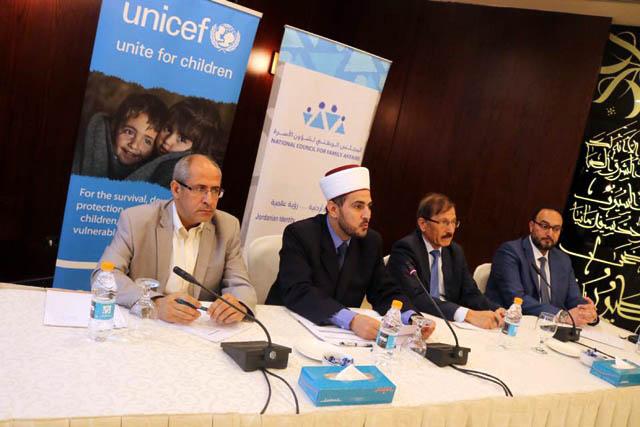You are here
Activists call for stricter regulations for child disciplinary measures
By Laila Azzeh - Apr 16,2014 - Last updated at Apr 16,2014
AMMAN — The difference between child discipline and abuse remains a grey area under the current Penal Code, putting children’s well-being at risk, experts said earlier this week.
Article 62 of the Penal Code stipulates that parents can punish their children for disciplinary purposes in accordance with “general norms”, a term that leaves the issue open for interpretation, according to experts, activists and pathologists.
In her experience in the field as a pathologist, Rula Afaneh noted that there is a “broad” difference in social concepts when it comes to reasonable chastisement, making the term “general norms” a “shield” of sorts for parents and guardians to hide behind.
“Some families believe that giving a child a stern look or a shout is a severe form of punishment, while others see all types of corporal punishment as acceptable and lead to correcting the child’s behaviour,” Afaneh said at a workshop held by the National Council for Family Affairs (NCFA) on Monday.
According to a study released by the NCFA last year, children constituted 30.2 per cent of total abuse victims, while a Social Development Ministry report said it dealt with 30,000 domestic abuse cases over the past 15 years, 75 per cent of which involved children.
Other studies also indicate that physical abuse is the most common form of domestic abuse in Jordan, standing at 85 per cent.
Hanan Thaher, head of the NCFA’s legislation department, said annulling the article is not enough as people need to be aware of alternative disciplinary methods.
Thaher called for revisiting the law while taking into account international family-related studies and research.
“It is a well-known fact that children who grow up with physical and psychological abuse are more likely to exhibit aggressive behaviour,” she noted.
During Monday’s workshop, attended by a UNICEF delegation, Muslim scholar Ahmad Harasis from the iftaa department highlighted Islam’s perspective on corporal punishment, which he said is prohibited unless in extremely rare situations in which parents believe it is the only way to correct the child’s misbehaviour.
He added that corporal punishment in Islam is parents’ last resort, noting that there are strict rules limiting its application.
The World Health Organisation identifies violence as the deliberate use of physical force either by threatening or actual use by one person against himself or another person, group of persons or society, which could lead, or threaten to lead, to death, psychological injury, underdevelopment or deprivation.
Related Articles
AMMAN — Only one in seven children globally are protected by laws against corporal punishment, according to NGO Save the Children.Comm
AMMAN — Experts, religious figures and officials on Monday called for revisiting national legislation to provide better protection for child
AMMAN — The National Council for Family Affairs (NCFA) is drafting a national law on children’s rights to move towards a child-sensitive jus












